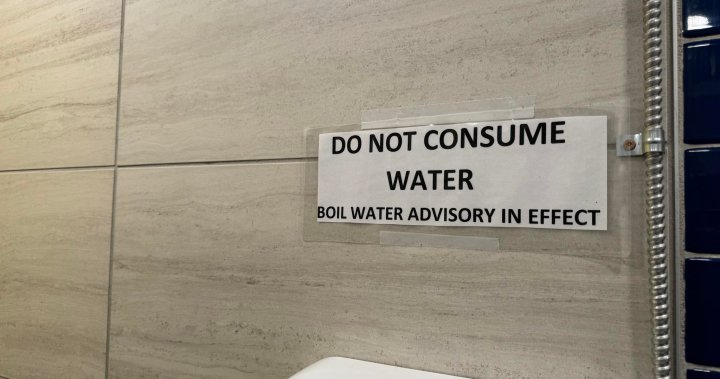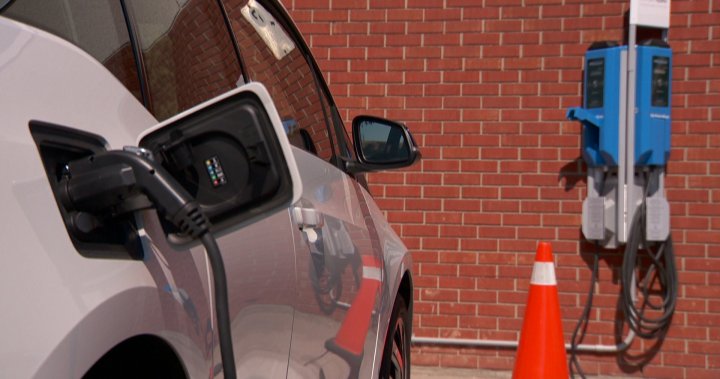Any vaccinated Canadian who gets infected with SARS-CoV-2 should wait three months before getting a COVID-19 booster shot, Canada’s National Advisory Committee on Immunization (NACI) now recommends.
The new guidance comes as millions of Canadians have become infected in mere weeks, thanks to the fast-spreading, immune-evasive Omicron variant.
“A longer interval between infection and vaccination may result in a better immune response as this allows time for this response to mature in breadth and strength, and for circulating antibodies to decrease, thus avoiding immune interference when the vaccine is administered,” the NACI team wrote in the recommendations released Friday.
At this point, there is “insufficient clinical or real-world data” to inform guidance on the ideal interval between infection and vaccination, NACI noted, with the advisory body instead relying on available data and the basic principles of vaccinology and immunology.
For vaccinated individuals aged 12 and up who are eligible for a third dose, the recommendations suggest waiting three months after the onset of symptoms, or following a positive test for anyone who was asymptomatic — while also being at least six months out from a second dose.
Those who experienced SARS-CoV-2 infection before starting or completing their primary COVID-19 vaccine series may receive their next dose eight weeks after symptoms started or after testing positive, according to the guidelines.
NACI also recommends tighter vaccination timelines for certain individuals who get infected with SARS-CoV-2 before getting fully vaccinated, including:
- People aged five and up, who are moderately to severely immunocompromised but have no previous history of multi-system inflammatory syndrome in children (MIS-C), may receive a vaccine dose four to eight weeks after symptom onset or a positive test.
- People aged five and up, and with a previous history of MIS-C, regardless of whether they’re immunocompromised, may receive a vaccine dose after recovery or 90 days since the onset of MIS-C, whichever is longer.
‘Reasonable’ guidelines, virologist says
Angela Rasmussen, a virologist and researcher with the University of Saskatchewan’s Vaccine and Infectious Disease Organization, told CBC News the new guidelines seem “reasonable.”
“There’s evidence that longer intervals between immune exposure [through vaccination or infection] results in more durable immunity,” she said. “So letting the immune system return to baseline prior to boosting makes sense to maximize the response the booster will elicit.”
As CBC News previously reported, it’s ideal to get vaccinated after your immune system has calmed down following an infection, both to ensure it isn’t already busy fighting off a pathogen and so it responds well to the vaccine dose.
There’s also a growing body of evidence that having all three vaccine doses offers strong protection, particularly against severe health outcomes, if someone winds up infected with the now-dominant Omicron variant.
And there’s early signals that layering vaccination and infection may offer broader immunity than just infection alone.







More Stories
Saskatchewan isn’t remitting the carbon tax on home heating. Why isn’t my province following suit?
Here’s why provinces aren’t following Saskatchewan’s lead on the carbon tax home heating fight
Court ruling affirms law curbing parliamentary immunity of spy watchdog members